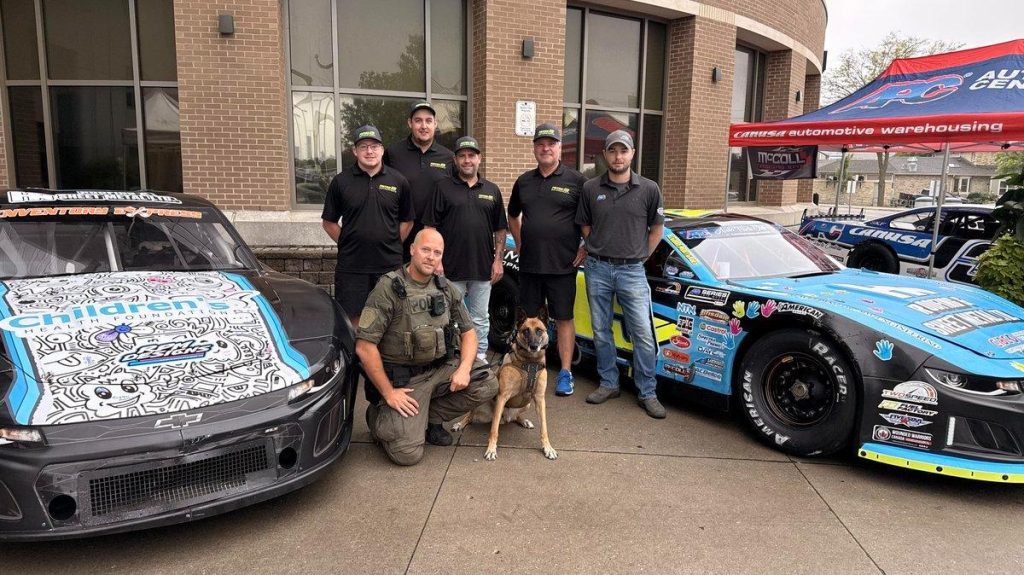London Police Service officers made a special visit to Children’s Hospital this week, bringing smiles and positive interactions to young patients and their families during what can be a challenging time.
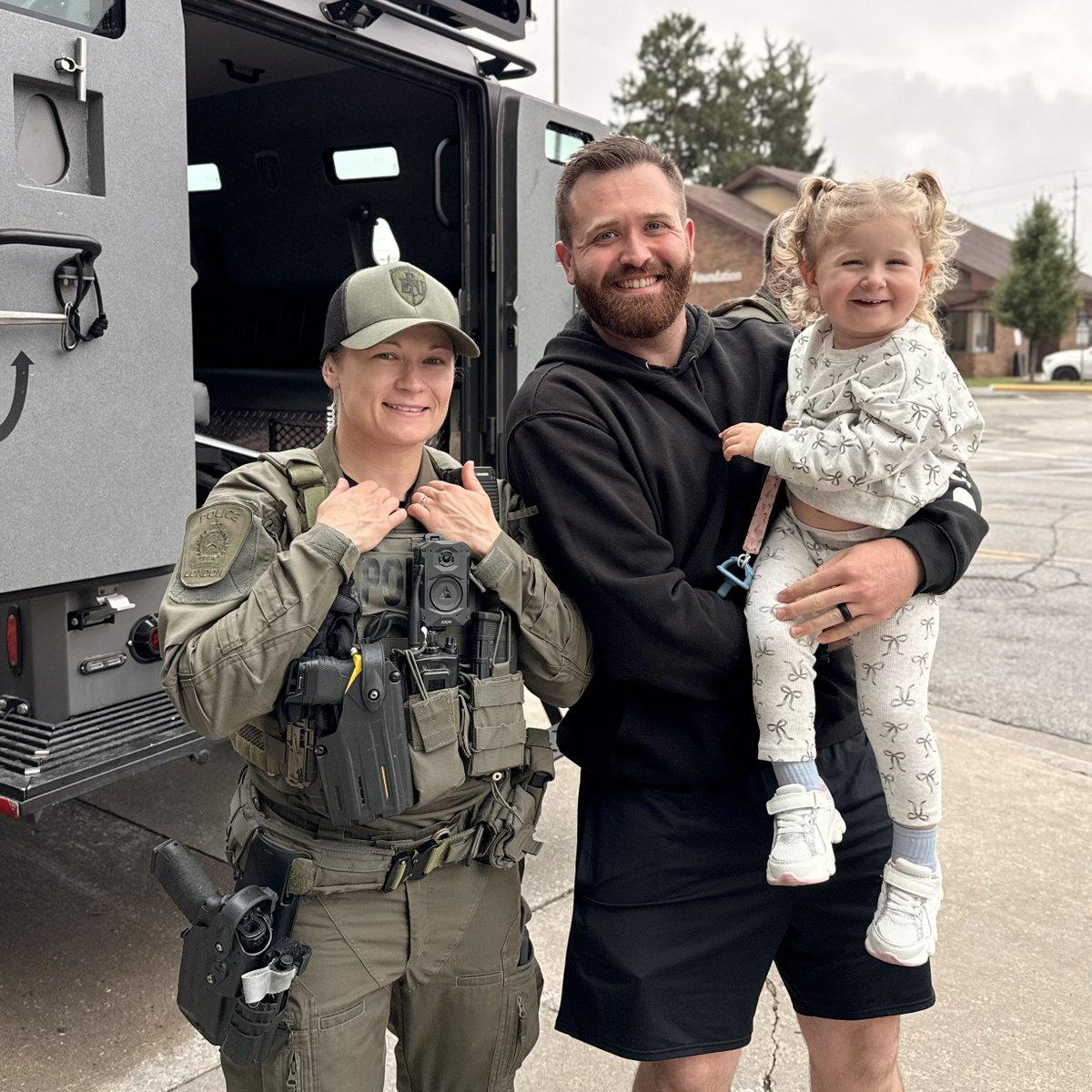
According to the London Police Service, members of their Emergency Response Unit and Canine Unit stopped by the hospital to connect with Londoners and spread some joy. The visit was part of the police service’s ongoing community engagement efforts, particularly focused on supporting vulnerable members of the community.
The police service emphasized their commitment to community connection, stating they are “grateful for every chance to stand with our community” and specifically highlighting their appreciation for “the brave kids and families at Children’s Hospital.”
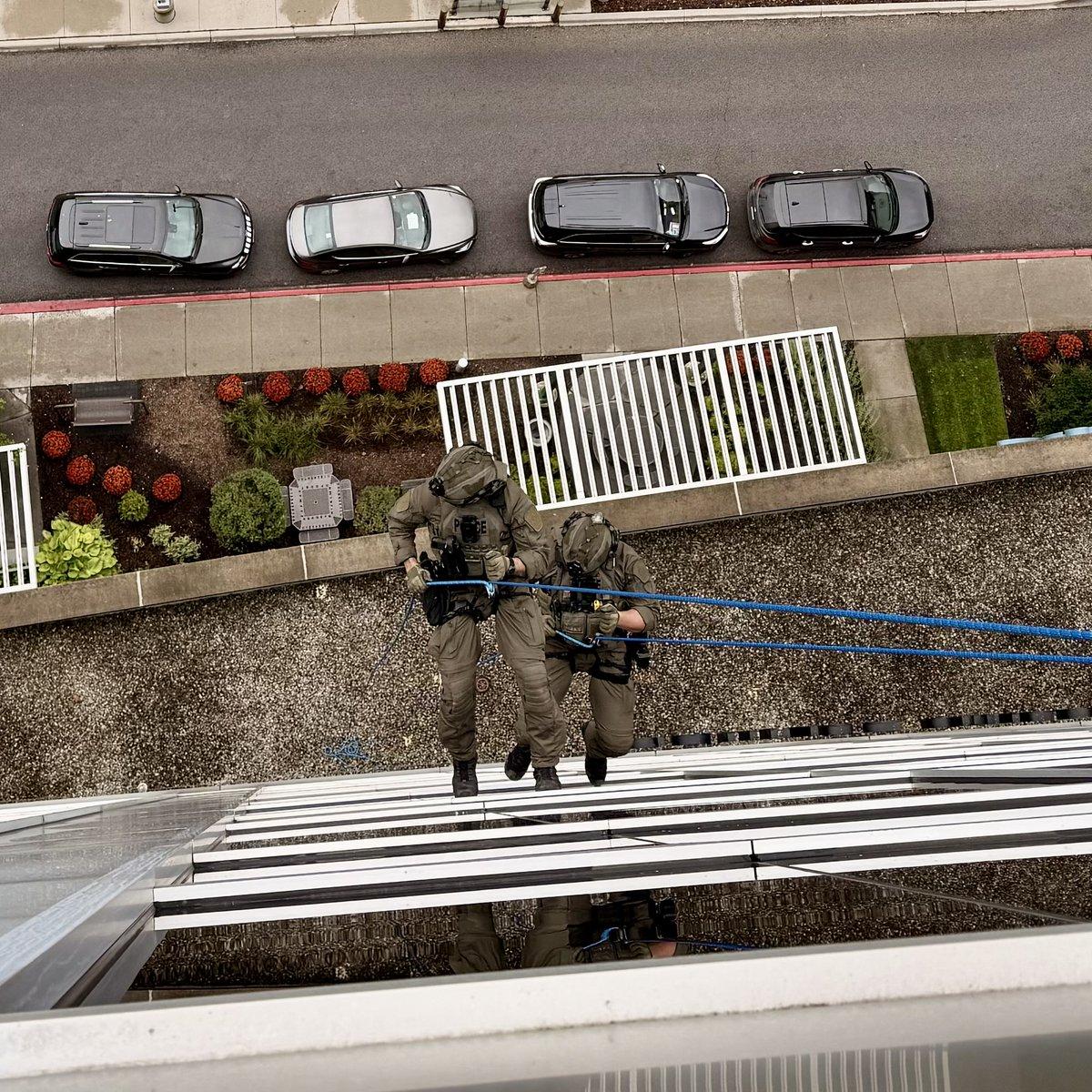
The Emergency Response Unit, which typically handles high-risk situations and tactical operations, took time from their duties to engage in this lighter community-focused activity. The inclusion of the Canine Unit likely provided an extra element of excitement for the young patients, as police dogs often serve as a source of fascination and comfort for children.
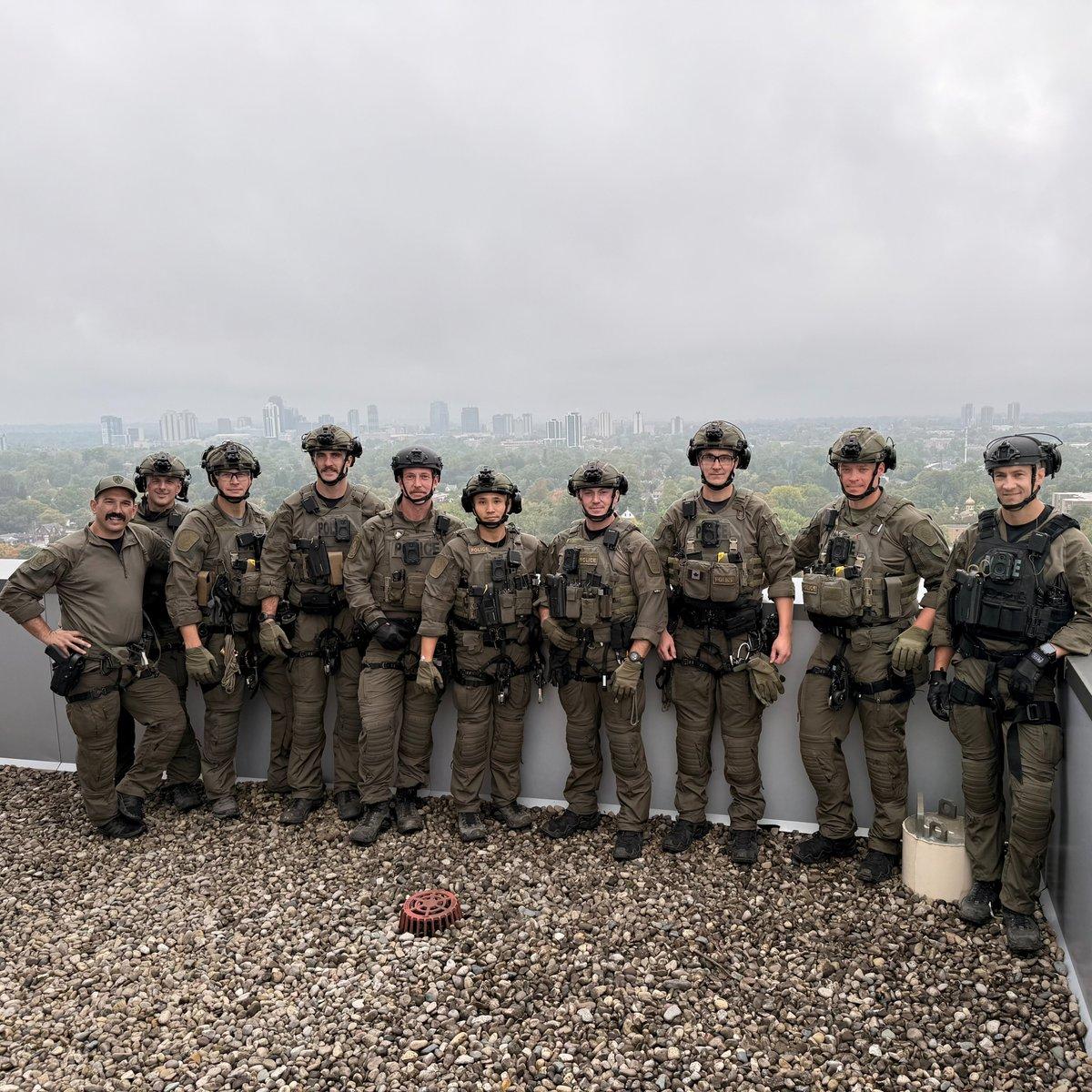
Children’s hospitals can be stressful environments for both patients and their families, making visits like these particularly meaningful. The presence of uniformed officers and their canine partners can help normalize interactions with law enforcement while providing a welcome distraction from medical treatments and procedures.
This type of community policing initiative reflects broader efforts by police services across Canada to build positive relationships with residents, particularly with younger generations. By engaging with children in non-enforcement contexts, officers can help foster trust and understanding between the police and the community they serve.
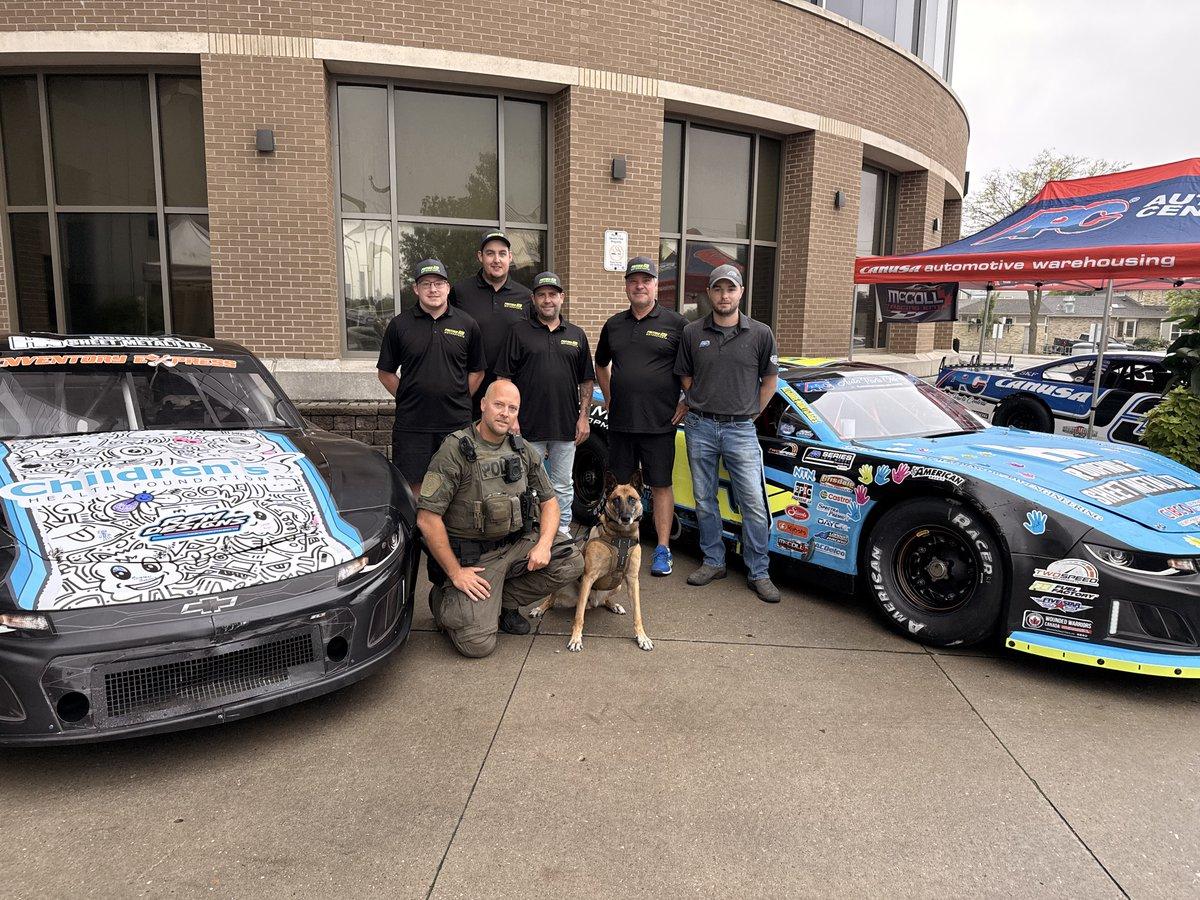
The London Police Service has been active in various community engagement programs throughout the city, and hospital visits represent just one aspect of their outreach efforts. These interactions allow officers to connect with residents during positive circumstances rather than only during emergencies or enforcement situations.
For families spending extended time at Children’s Hospital, unexpected visits from community members can provide emotional support and help break up the routine of medical care. The police service’s decision to prioritize these visits demonstrates their understanding of the broader role they can play in community wellness.
The visit took place at London Health Sciences Centre’s Children’s Hospital, which serves pediatric patients from across southwestern Ontario. The hospital regularly welcomes community groups and organizations who volunteer their time to support patients and families during their stay.
London Police Service officers continue to balance their law enforcement duties with community engagement activities, recognizing that building positive relationships with residents of all ages contributes to overall public safety and community cohesion.
The police service shared details of their hospital visit as part of their regular social media updates, using hashtags including #FeelGoodFriday and #CommunityFirst to highlight the positive nature of the interaction.
Community policing initiatives like hospital visits help demonstrate that police officers are accessible community members who care about resident welfare beyond their traditional enforcement role. For children who may have limited previous contact with police, these positive interactions can shape their understanding of law enforcement for years to come.
The London Police Service indicated that weather conditions would not deter them from community engagement activities, emphasizing their commitment to maintaining connections with residents regardless of external circumstances.
Both the Emergency Response Unit and Canine Unit officers who participated in the hospital visit represent specialized divisions within the London Police Service that typically handle more serious operational matters, making their community engagement efforts particularly noteworthy for patients and families at the hospital.

